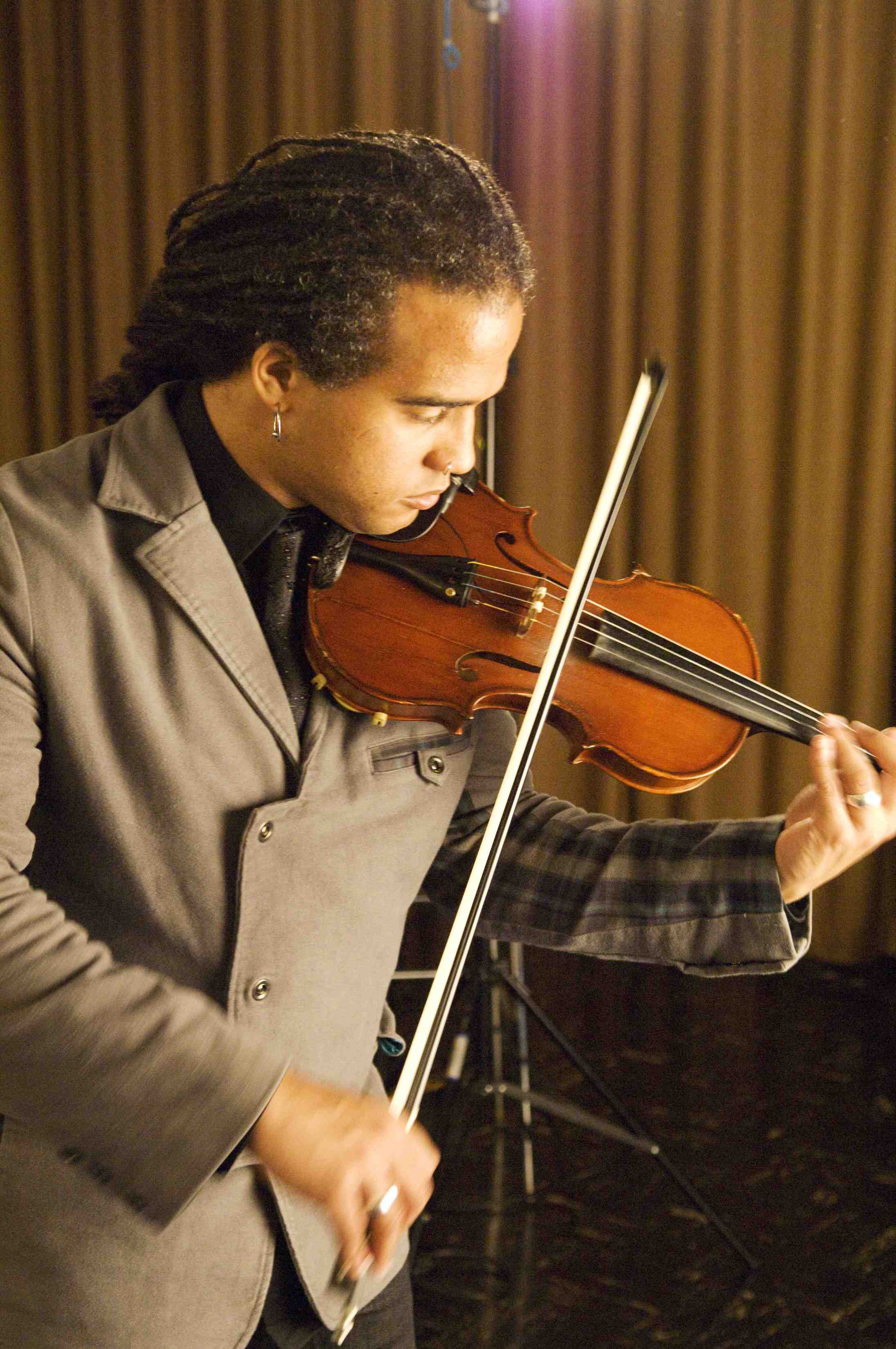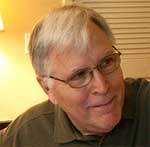[Bianculli here: I'm still working under manic deadlines for another week or so (don't ask), so contributing columnist Tom Brinkmoeller bails me out by reviewing a new PBS music and science special, Wednesday's The Music Instinct: Science and Song.
It answers lots of your musical questions -- not necessarily "Who put the ram in the ram-a-lam-a-ding-dong?," but plenty of others. Here's Tom's review...]
PBS Special Explores Brain-Music Harmony
 You may want to try the following elimination rounds in deciding whether to invest two hours in the new PBS special The Music Instinct: Science and Song (Wednesday at 9 p.m. ET -- check local listings).
You may want to try the following elimination rounds in deciding whether to invest two hours in the new PBS special The Music Instinct: Science and Song (Wednesday at 9 p.m. ET -- check local listings).
Are you fascinated by how the human brain works and its potential as science discovers more of its secrets?
Does it catch your interest that music may have preceded speech in early humans?
Does evidence of a complex relationship between the brain and music make you hungry to learn more?
Are you curious to find out about people like:
* Accomplished percussionist Evelyn Glennie [above], deaf since birth, who performs by "hearing" the vibrations of the instruments she plays?
* An accomplished surgeon who, after being struck by lightning, decided to study music and developed an impressive ability to compose and perform?
* Stroke survivors who regain some speech by using the singing portion of their brain to form words?
* Or Parkinson's disease patients who learn to coordinate their movements better with the help of rhythmic assists?
Still here? Then know that if you opt in to The Music Instinct, you won't be gently fed. It's a thoroughly researched, intriguingly produced program that at times dispenses its facts at a supercharged pace. But maybe it's appropriate that a program taking on the intricacies of the brain expects its viewers to have well-tuned brains, as well.
The subject matter actually seems pretty comprehensible -- reminiscent of that philosophy course you never could afford to sleep through.
You'll learn that fetuses begin to hear between 17 and 19 weeks, that music is audible to and affects them, and that humans are born with what the producers call "a music module." In people who learn to play an instrument when they're young, that module pays off with improved long- and short-term memory through life.
Blind musicians commandeer the part of the brain usually used for sight and transform its forces into musical ability. And there appears to be universality in music effects, even among cultures unknown to each other. People living in a remote part of Cameroon, who never have heard Western music, respond to emotional parts of a piece of music much the same way as people who are familiar with it.

Musicians Yo-Yo Ma, Daniel Barenboim, Daniel Bernard Roumain (DBR, at right) and Bobby McFerrin lend the program interesting insights in demonstrating brain-music links.
It's only when the neuroscientists take the spotlight that those of us who swim in shallow water, so to speak, start to look for a lifeguard. I hope I'm in the minority, but these super-cerebral elements seemed to add at least 15 unneeded minutes to the program. Even so, it's a two-hour investment with a good payoff.
Dr. Jamshed Bharucha -- a cognitive neuroscientist, musician, and the provost and senior vice president of Tufts University -- offers some important takeaways for the non-neuroscientists among us. Though many musicians say it's a "heart" function, the brain has a major role in the perception and appreciation of music, and music plays a key role in the development of the brain: "The brain changes as you learn, and it can change in any point in your life through exposure to music."
And then there's the evolution of music into speech: "Music derives from a very primordial form of communication . . . that today's languages have drawn upon."
Considering what the other networks are offering tonight (America's Got Talent, I Survived a Japanese Game Show, So You Think You Can Dance and a Criminal Minds repeat), The Music Instinct: Science and Song may be the only offering guaranteed to make your brain hurt in a good way.
---------

As a child, Tom Brinkmoeller was
successfully urged by his piano
teacher to take up sports instead --
and yet he remembers that incident.